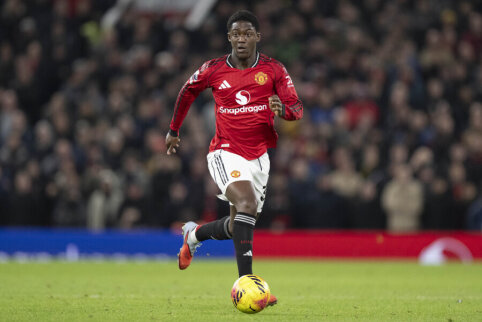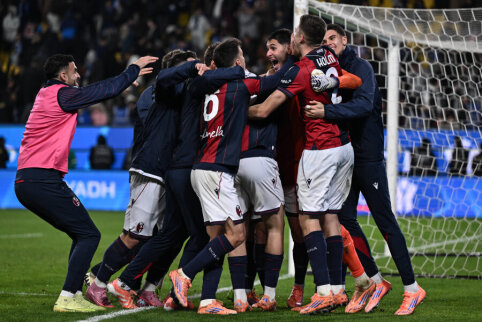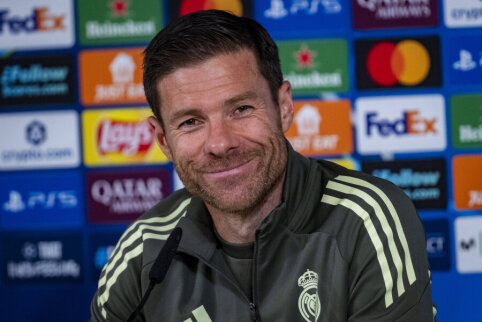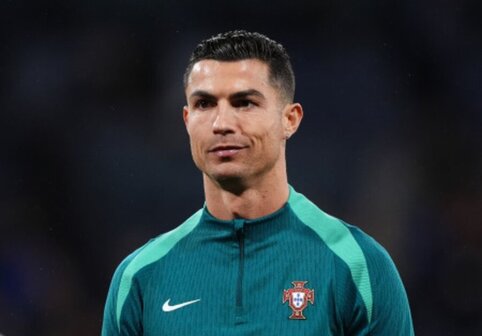
Mažvydas Jastramskis - a political scientist, lecturer at VU TSPMI, and a football fan. The most visited football news portal "EuroFootball.com" invites you to get to know the teams supported by the interviewee, to choose the winners of "EURO 2016" based on missed football matches and statistical analysis.
When and how did you become interested in football?
Like probably many people who are at least slightly interested in football, I first became interested in football during the 1994 World Cup. Back then, I gave my sympathy to Italy, although two moments that stood out the most from that tournament were not successful for them - goalkeeper Gianluca Pagliuca's last-minute mistake in the group match against Norway and Roberto Baggio's missed penalty kick in the final against Brazil.
However, I didn't start supporting the Italians after that, and since 1996 I have been supporting the Czech national team. In the 1998 World Cup, Peter Schmeichel's game made a huge impression on me - and I still very much enjoy playing as a goalkeeper in amateur football.
Which team are you supporting in "EURO 2016"?
As always in European Championships - the Czech Republic. It seems that they won't fail this time, but at least in the first match against Spain, the Czech defense was commendable. I also have some sympathy for the English team. In other matches, I am more inclined to support the post-communist, Central and Eastern European countries' teams - perhaps in this way "compensating" for the sadness that Lithuania still does not play in the final stage.
Which team do you support in club football?
In club football, I support Vilnius' "Žalgiris." In my childhood, I supported a team hovering between the first and second leagues - "Ukmerge/"Unity Ukmerge," to whose matches my dad would sometimes take me. Unfortunately, this city now lacks a more serious club.
Of course, like every Lithuanian with even a slight interest in football, I also have a "foreign" club to which I give my sympathies - that is Birmingham's "Aston Villa," currently not experiencing the best of times.
You are a political scientist, applying statistical models for predictions. What does the statistics promise in this championship?
Austrian scientists included 19 different, publicly available bookmakers' forecasts (probabilities) in the so-called bookmakers' consensus model. According to this model, France has the highest probability of winning (21.5 percent), followed by Germany with a probability of 20.1 percent. Then it ranks: Spain (13.7 percent), England (9.2 percent), and Belgium (7.7 percent). It should be noted that these forecasts are based on a methodology published in the 2010 scientific journal International Journal of Forecasting, which correctly predicted the winners of the 2010 World Cup and the 2012 European Championships.
What is your most interesting memory related to the European Football Championship?
In the 2004 championship, I watched the quarter-final match between the Portuguese and English national teams, and the next day I had to take an exam at the university. After watching the game, I decided to sleep for a few hours, then wake up early and study. Whether it was due to England's loss, or a poor alarm clock, I overslept the exam. Luckily, it was held a few times and the professor allowed me to take it with another group.























